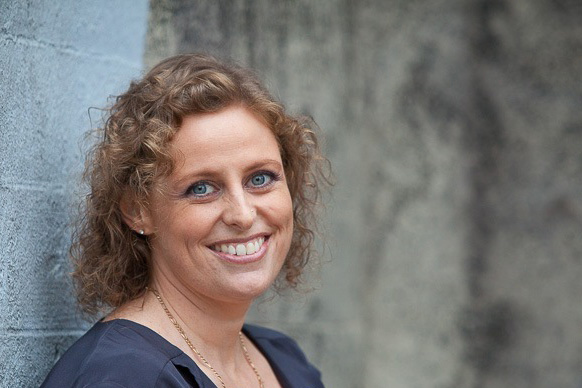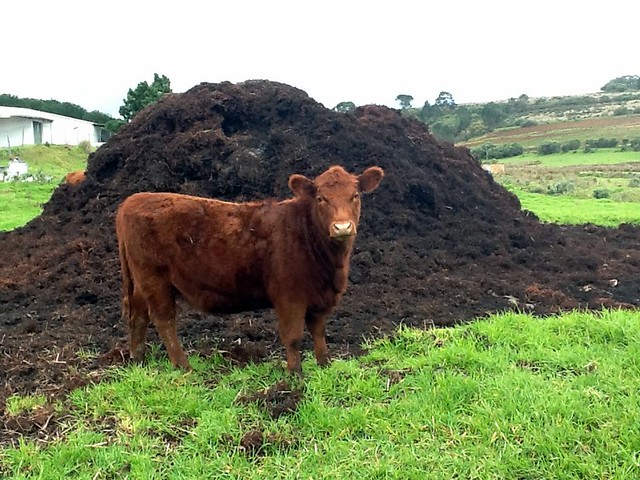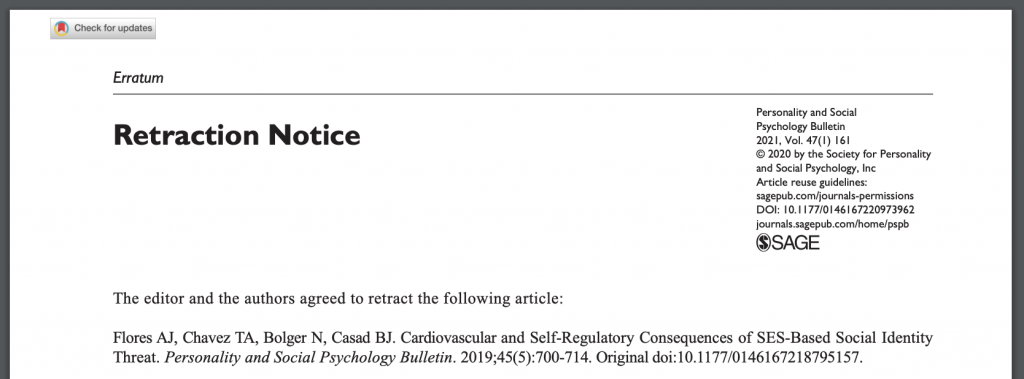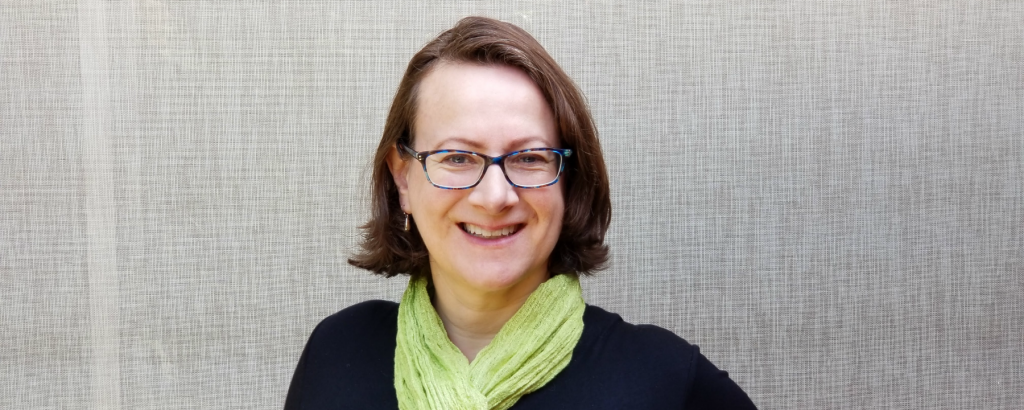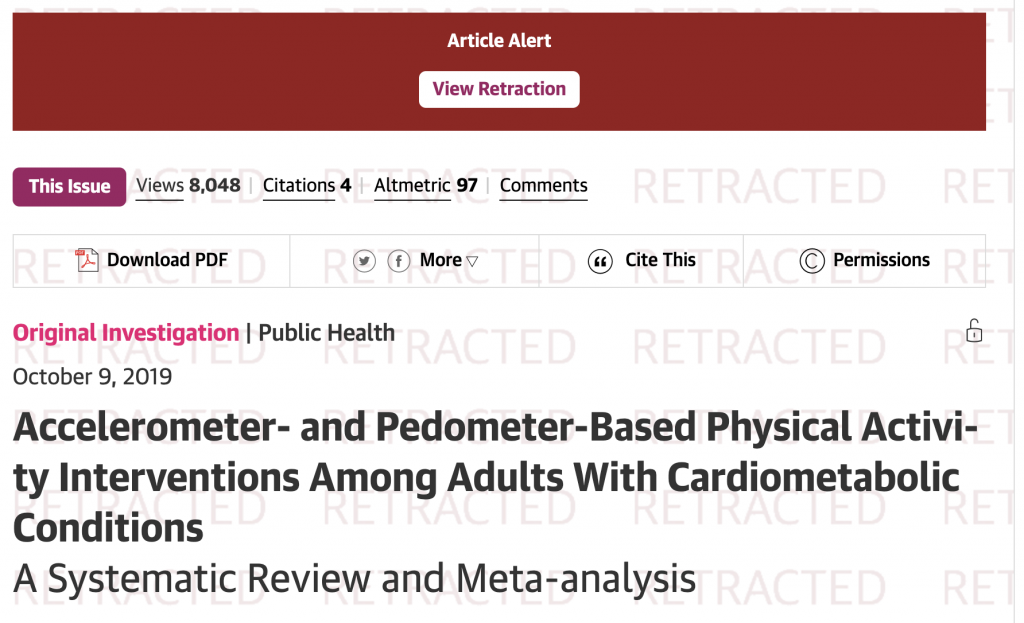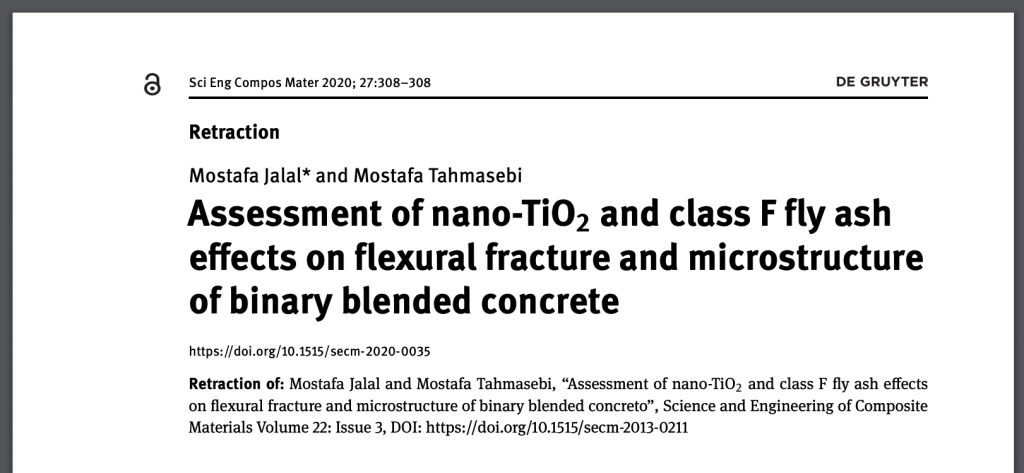In September 2019 Nicola Smith, a molecular pharmacologist in Australia, faced a brutal decision. She’d realized that she’d made a mistake — or rather, failed to catch a mistake in her group’s research before the crippling error was published — in two academic articles which were the culmination of years of work. And she could either tell the world, or pretend it never happened.
Her students had been having trouble reproducing lab data. Once she looked into it and she figured out why, she told them, “Guys, you’re not going to believe this.” A cloning error had ensured the experiments were doomed to fail from the start.
If she came clean, she knew that at least one of the articles would most likely be retracted and she’d have to live with a lasting mark on her and her team’s record. “What can I do to minimize the impact” on her two students? Smith thought at the time.
In particular, Tony Ngo,who was first author on both papers and had recently finished a PhD in her lab, was looking forward to a future in academia. Smith was terrified of tarnishing his prospects.
What was to stop her from just keeping quiet about it?
Continue reading “The most horrific time of my career.” What do you do when you realize years of your published work is built on an error?